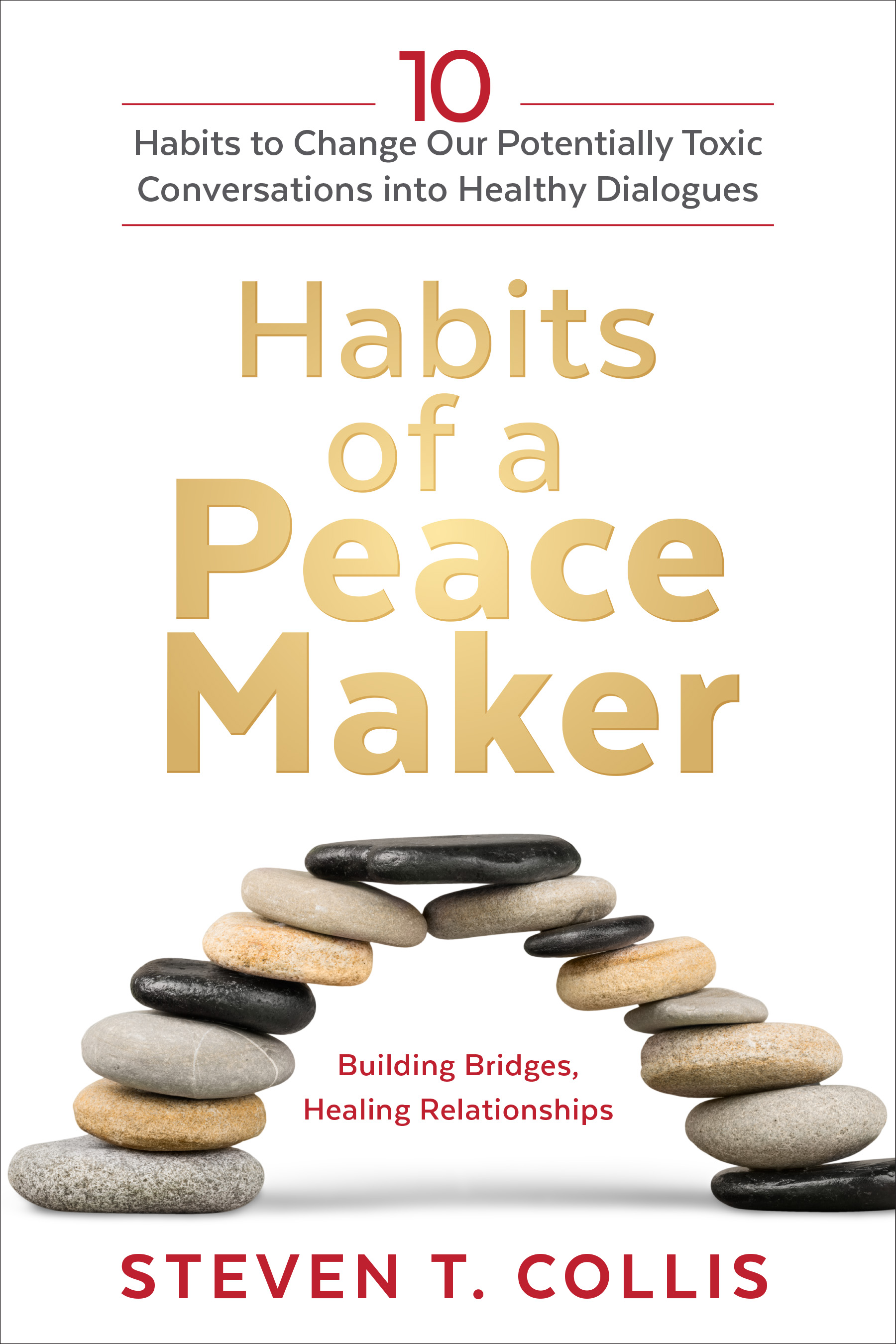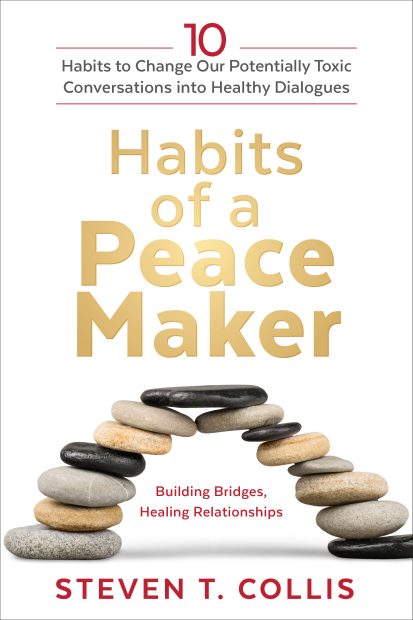
People-pleasing may not seem too negative at first glance. After all, what’s so wrong about being pleasant to others and attempting to assist them or bring them joy?
However, people-pleasing often extends beyond mere goodwill. The dictionary describes it as “a person who has an emotional compulsion to satisfy others frequently at the cost of their own needs or desires.”
You might go out of your way to accommodate the individuals in your life, based on your assumptions of their wants or needs. You sacrifice your time and energy to gain their affection.
This is how people-pleasing can lead to issues. The desire for others’ approval can be harmful when we prioritize external wants over our own needs.
Why People-Pleasing Might Not Be Entirely Your Responsibility
From a young age, we internalized that to thrive, we must seek the approval of others. This was essential. You’re aware of this, right? Thus, from childhood through our teenage years, we rely on that validation. Because failing to do so can be detrimental.
The issue is that many of us carry that craving for approval – that “survival instinct” – into our adult lives. It simply manifests differently.
So, seeking approval isn’t inherently negative. In some instances, it can be beneficial.
But when that quest for validation dominates your adult life, it can be harmful.
I’ve put together a list of some traits you may exhibit if you’re inclined to please others.
Still uncertain whether you’re a people-pleaser or simply very kind? Here are some unmistakable signs of people-pleasing.
1. You agree when you should decline
You might fear that telling someone “no” or refusing a request for assistance will lead them to believe you don’t care.
Acquiescing to their desires might appear to be the safer choice, even if you lack the time or inclination to assist.
Many individuals consent to do something they would rather avoid, such as helping with a move or lending money they can’t afford to give.
However, a consistent pattern of this behavior can lead to issues as it communicates that others’ needs take precedence over your own.
Some may exploit this, disregarding your boundaries because they know you’ll comply regardless.
2. You feel unauthentic
People-pleasers often struggle to identify their genuine feelings due to their focus on being who others expect or need them to be.
Continuing to suppress your own desires complicates the acknowledgment of those feelings. Eventually, you might even lose clarity on what you want or how to be true to yourself.
3. You feel resentful and bitter rather than joyful and vibrant
A significant consequence of people-pleasing is heightened stress.
This often occurs when you take on more responsibilities than you can manage with the aim of supporting someone else.
You not only forfeit time for yourself but also find you have less time for essential tasks.
If you wish to break free from the cycle of people-pleasing, recognizing how these patterns infiltrate your life is a worthwhile first measure. However, simply acknowledging the issue may not resolve it.
Follow these steps to eliminate limiting beliefs surrounding the need to cater to others:
1. Awareness
Identifying your tendency to please others is genuinely the initial and most crucial step toward learning how to stop.
Try this exercise: At the end of each day, take a moment to reflect on what you achieved.
As you begin to pinpoint your own needs and priorities, it will become easier to concentrate on your goals instead of feeling frustrated and overwhelmed by someone else’s expectations.
2. Understanding
Every moment spent compromising your dreams and aspirations to appease others is a moment you could spend pursuing the life you desire! It’s time to cease worrying about others’ opinions!
Once you grasp that what others think about you typically isn’t a true reflection of who you are, you can genuinely feel liberated.
So, stop fretting about others’ judgments — overcome “the attention addiction” — and begin to lead the life you envision!
3. Reconditioning
A quote I cherish, which I often share with students, goes: “True integrity is being able to decline a dinner invitation without providing an explanation,” and it holds true. It signifies real power.
Merely responding, “No, but I appreciate the invitation,” indicates that you’ve evolved and retrained your mindset to live independently of others’ opinions.
This is something you must practice every single day. Acknowledge what you want to do and what you can do, and disregard the rest.
